
We like to think we know the heroes, villains, and visionaries who shaped our world. However, history doesn’t always tell the full story. Some icons weren’t nearly as noble as we learned, while others got unfairly written off. The truth is far stranger and a lot more human. So let’s see which familiar names might surprise you once the real stories come to light.
Christopher Columbus
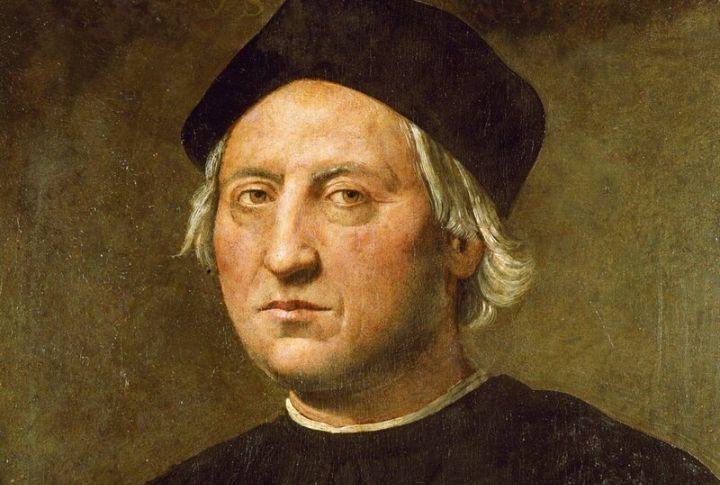
At fourteen, Columbus was already sailing on Genoese merchant ships, learning the ropes that would define his future. His 1492 voyage to the Bahamas and Hispaniola made history, but his real mission went deeper. He truly believed he was chosen by God to prepare the world for the End Times.
Vincent Van Gogh
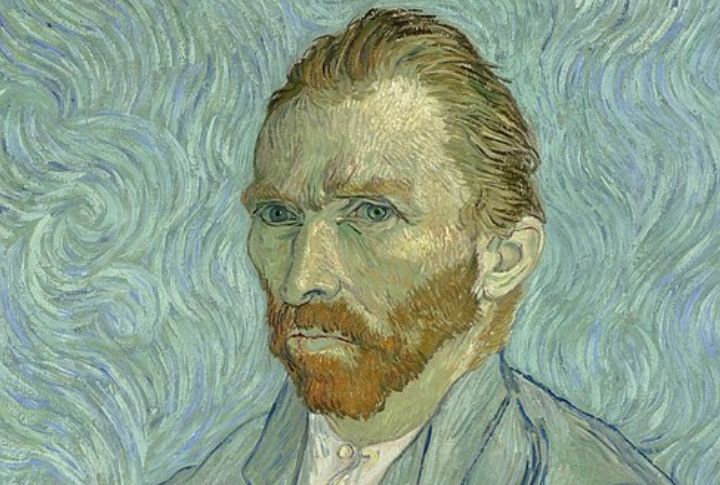
Vincent van Gogh’s brilliance came with heartbreak. Struggling with mental illness, he painted over 2,000 works bursting with emotion and color. Despite his talent, he sold only one painting while alive. The man who defined modern art never lived to see his own success.
Marie Antoinette
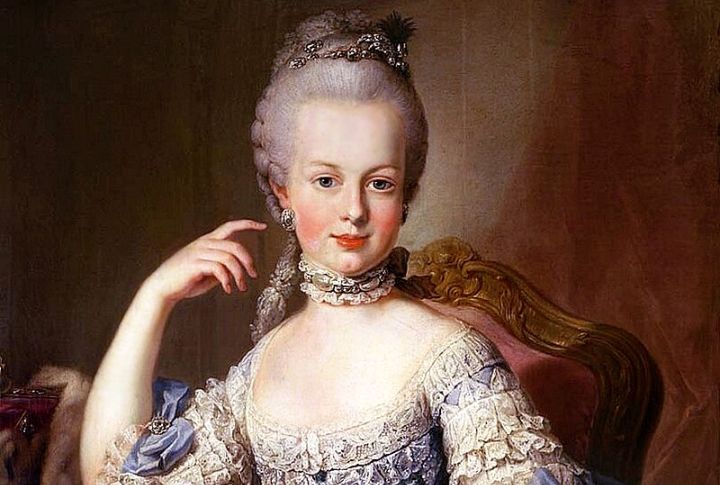
Married off at fourteen, Marie Antoinette learned quickly how to survive the French court’s drama. She created her own world of fashion and fantasy, from towering hairstyles to pretending to be a shepherdess at her Petit Trianon. And no, she never actually said, “Let them eat cake.”
Cleopatra VII
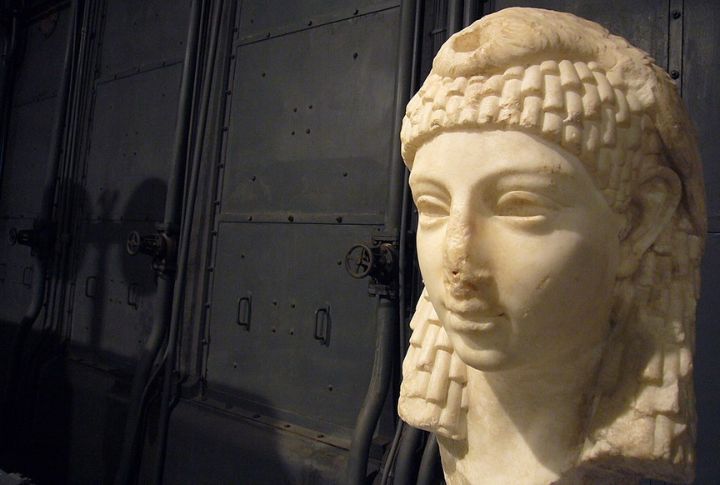
Forget the Hollywood image. Cleopatra wasn’t just about beauty and charm. She spoke nine languages and had a mind for science, crafting her own perfumes and cosmetics. As a Macedonian Greek queen, she represented intellect and sophistication far more than the exotic temptress Rome later painted her as.
Albert Einstein
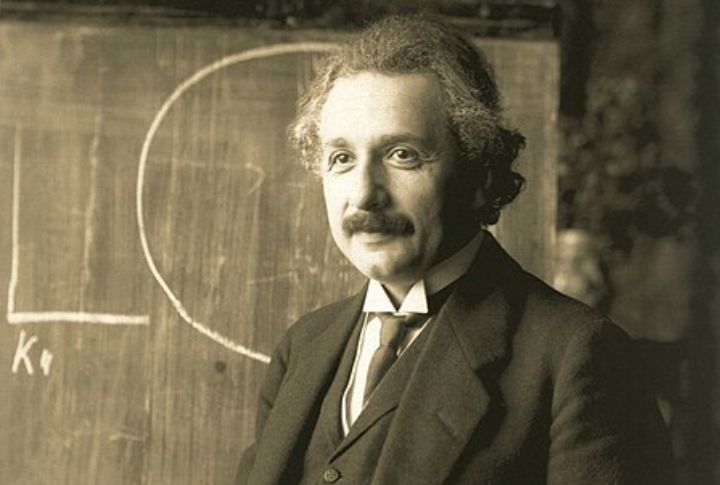
Despite the rumor, Einstein didn’t fail math. In fact, he was brilliant at it. Beyond physics, he loved playing violin and often came up with ideas while practicing music. His brain was even preserved after death, and Israel once offered him its presidency.
Napoleon Bonaparte
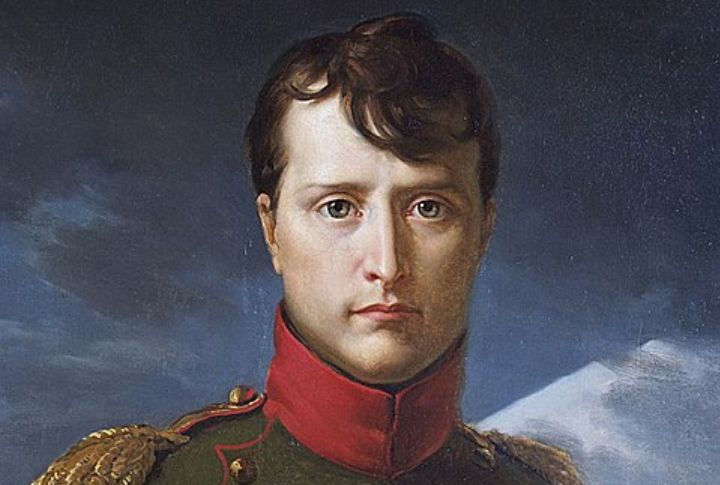
Before conquering Europe, Napoleon tried writing romance stories, seriously. His “novella Clisson et Eugenie” showed a softer side to the future emperor. He wasn’t short either (around 5’6″, average for his time), and unlike the myths, he didn’t fear cats. The man was full of surprises.
Julius Caesar
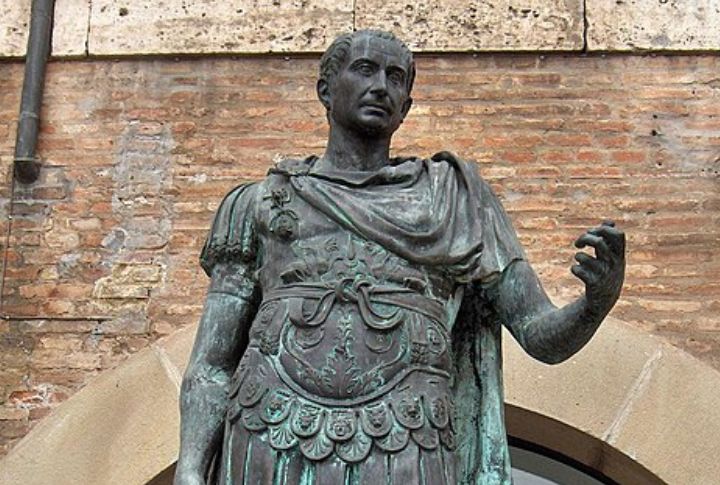
Julius Caesar was both daring and disciplined. He once laughed off being kidnapped by pirates, then demanded they double his ransom. Yet this bold general also fine-tuned Rome’s calendar and laws. His blend of audacity and precision built an empire until senators ended it with daggers.
Nero
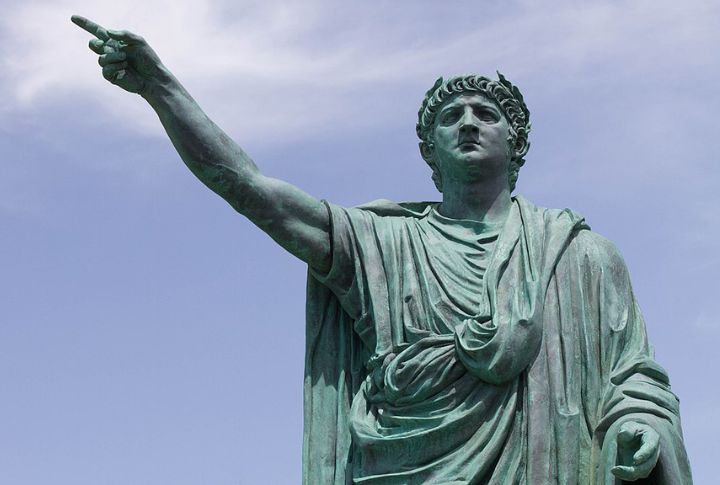
Rome’s teenage emperor loved the spotlight a little too much. Nero crowned himself an Olympic champion, built a golden palace with a rotating dining room, and lived for luxury. But no, he didn’t actually play the fiddle while Rome burned—he just ruled like the world was his stage.
Catherine The Great
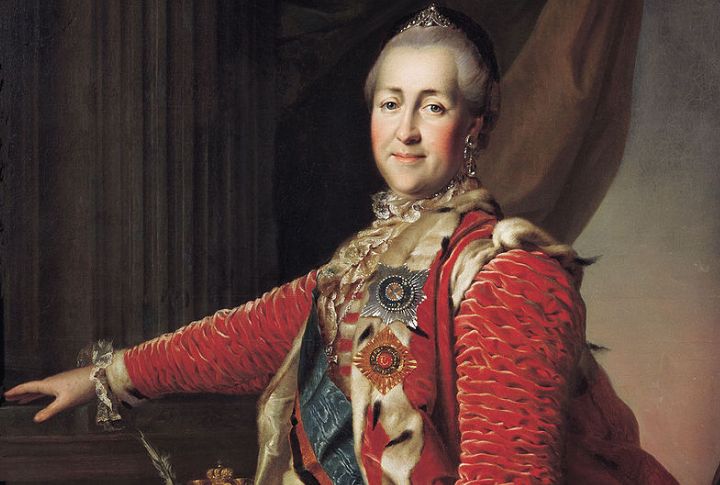
Turns out, Catherine the Great wasn’t Russian at all. Born in Prussia, she seized the throne after ousting her husband and went on to modernize an empire. Far from the ruthless ruler history often paints, she championed education, reason, and even founded Russia’s first state-funded school for girls.
Malintzin (La Malinche)
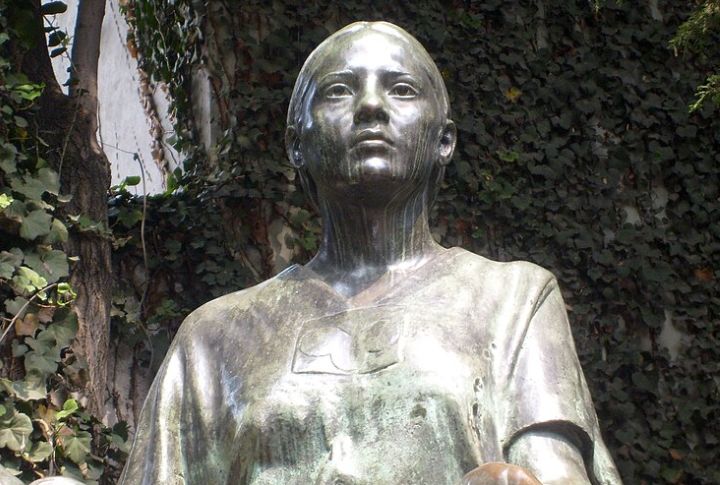
Fluent in both Nahuatl and Mayan, Malintzin became Hernan Cortes’s key translator during Spain’s conquest of Mexico. She later had his son, Martin, one of the first mestizos. Her role in history remains complicated. Some see her as a traitor, others as a bridge between two worlds.
Sun Tzu
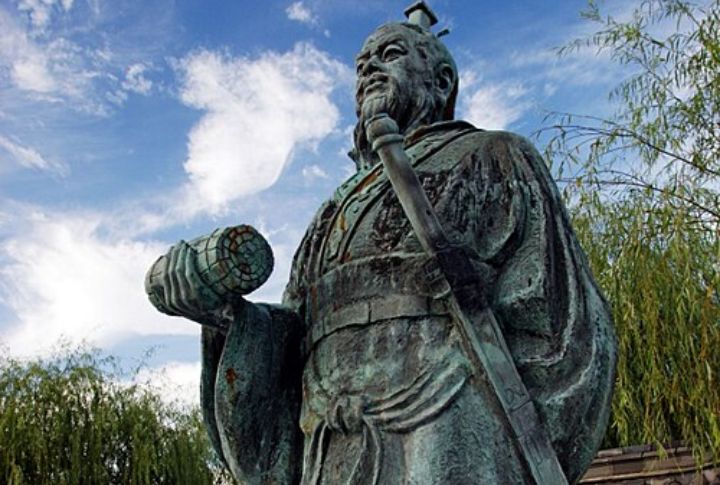
Here’s the twist: Sun Tzu might not have been real. Scholars still argue whether one man actually wrote “The Art of War” or if it came from several minds. Real or not, his wisdom has outlived empires and shaped everything from military tactics to business strategies today.
Thomas Edison
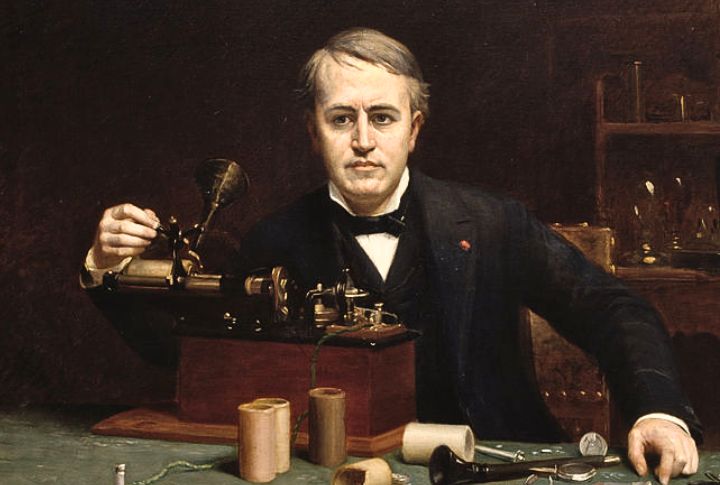
Think Edison invented the light bulb? Not quite, he just made it practical. His genius wasn’t in creating something new but in improving what already existed. With over 1,000 patents and the first research lab at Menlo Park, Edison turned ideas into industries, even while battling partial deafness.
Genghis Khan
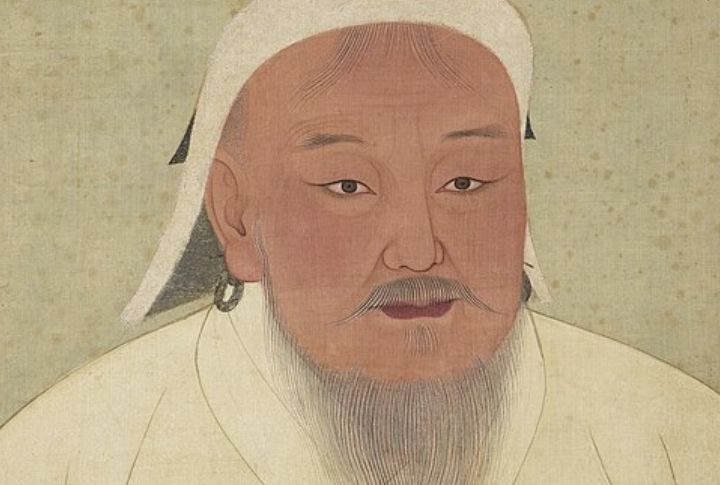
Somewhere in Mongolia lies Genghis Khan’s still-hidden tomb, which adds to his mystery. Before ruling the largest land empire in history, Temujin was just a poor survivor. He rose to unite tribes to conquer continents, and surprisingly, promote religious freedom across his vast domain.
William Shakespeare
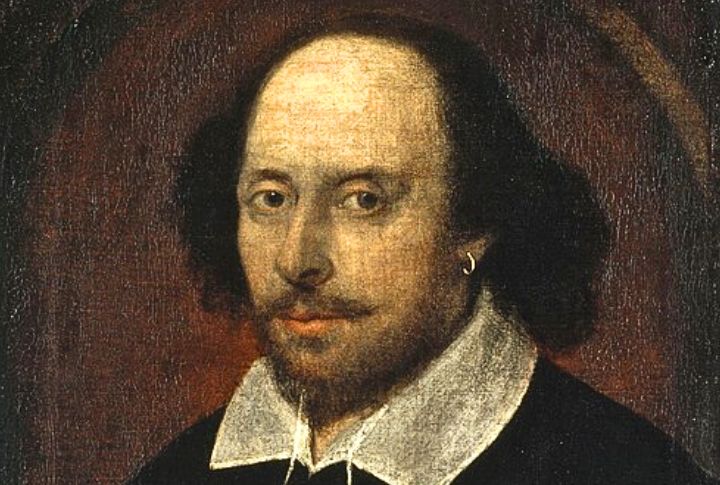
We credit Shakespeare with inventing half the English language. Well, here’s the twist: many of the words he “created” already existed in common speech. What truly made him different was how he used them. His genius was reinvention, which turned everyday language into timeless art.
Spartacus
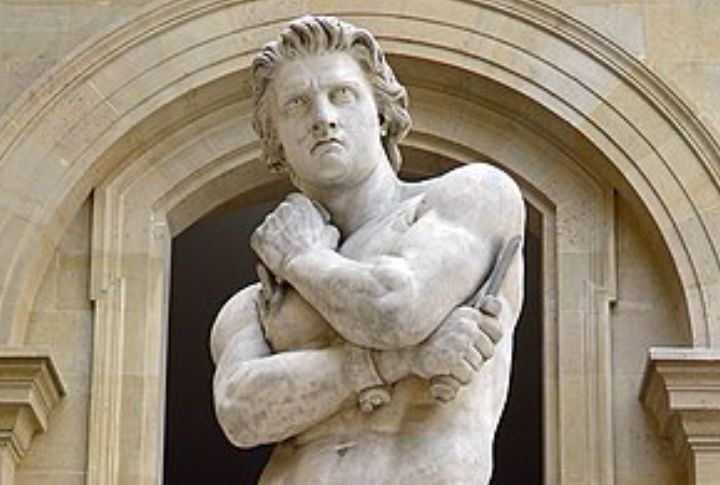
Most people imagine Spartacus as a freedom-loving rebel fighting for justice. In truth, he was a trained Roman soldier before being forced into slavery. His uprising wasn’t about liberty in the modern sense—it was survival. However, his defiance against Rome turned him into a lasting symbol of resistance.
George Washington
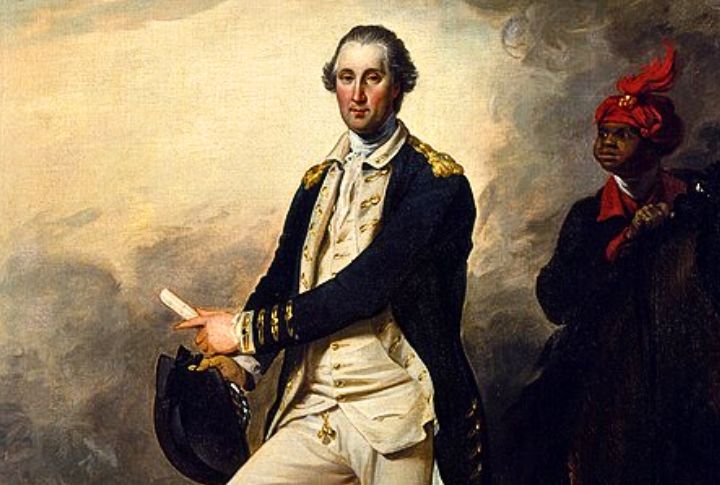
America’s first president wasn’t all seriousness and powdered wigs. Despite painful dental issues, Washington was known as a smooth dancer who loved the social scene. He even bred the country’s first foxhounds. Behind the calm exterior, there was plenty of personality and charm.
Mahatma Gandhi
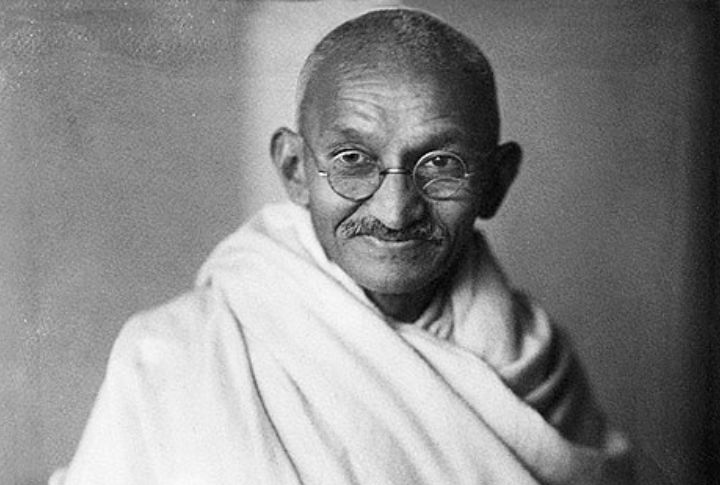
We know Gandhi as a saintly leader, but the truth is more complicated. Trained as a lawyer in London, he carried both brilliance and controversy. His philosophy of nonviolence changed the world, even as his personal and political contradictions still spark debate today.
Abraham Lincoln
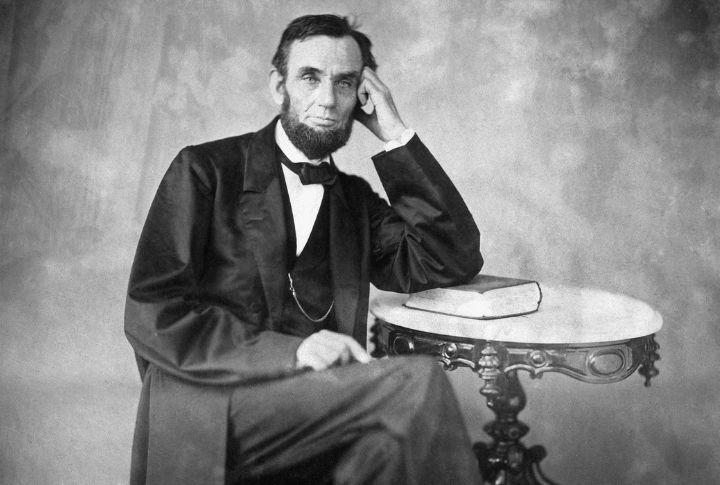
Lincoln had less than a year of formal schooling but never stopped learning. From rail-splitter to lawyer to president, his drive was unstoppable. He even earned a patent (still the only U.S. president to do so) and reshaped a nation with the Emancipation Proclamation.
Niccolo Machiavelli
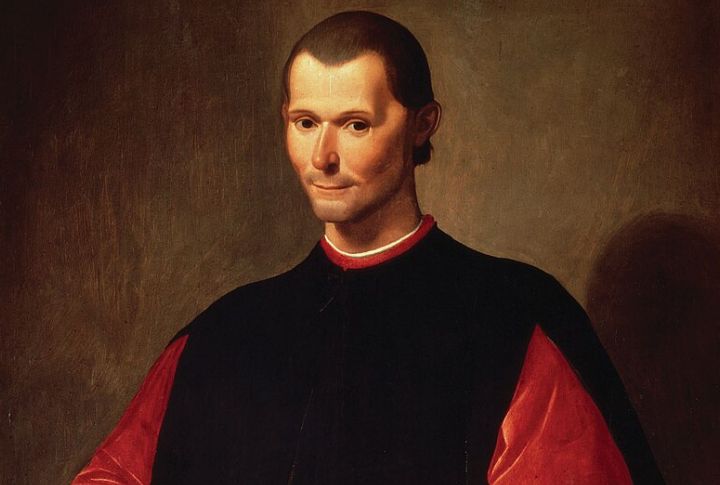
Despite his “ruthless schemer” reputation, Machiavelli didn’t actually promote corruption or cruelty. “The Prince” was likely a satire: mocking power-hungry rulers rather than guiding them. He believed in realism over idealism, yet his cynicism came from disappointment in politics rather than a love of manipulation.
Joan Of Arc
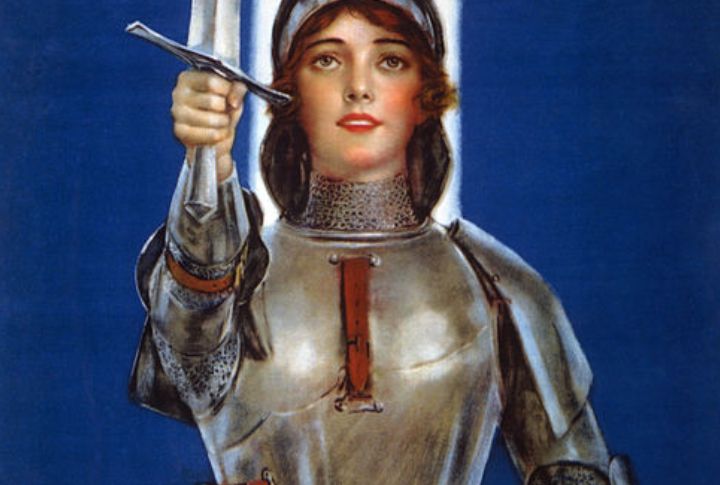
Surprisingly, Joan of Arc wasn’t the armored warrior Hollywood loves to show. She never actually fought in battle or wielded a sword. She led through strategy and faith. Illiterate but fiercely intelligent, she convinced seasoned generals to follow her purely through vision and conviction.

